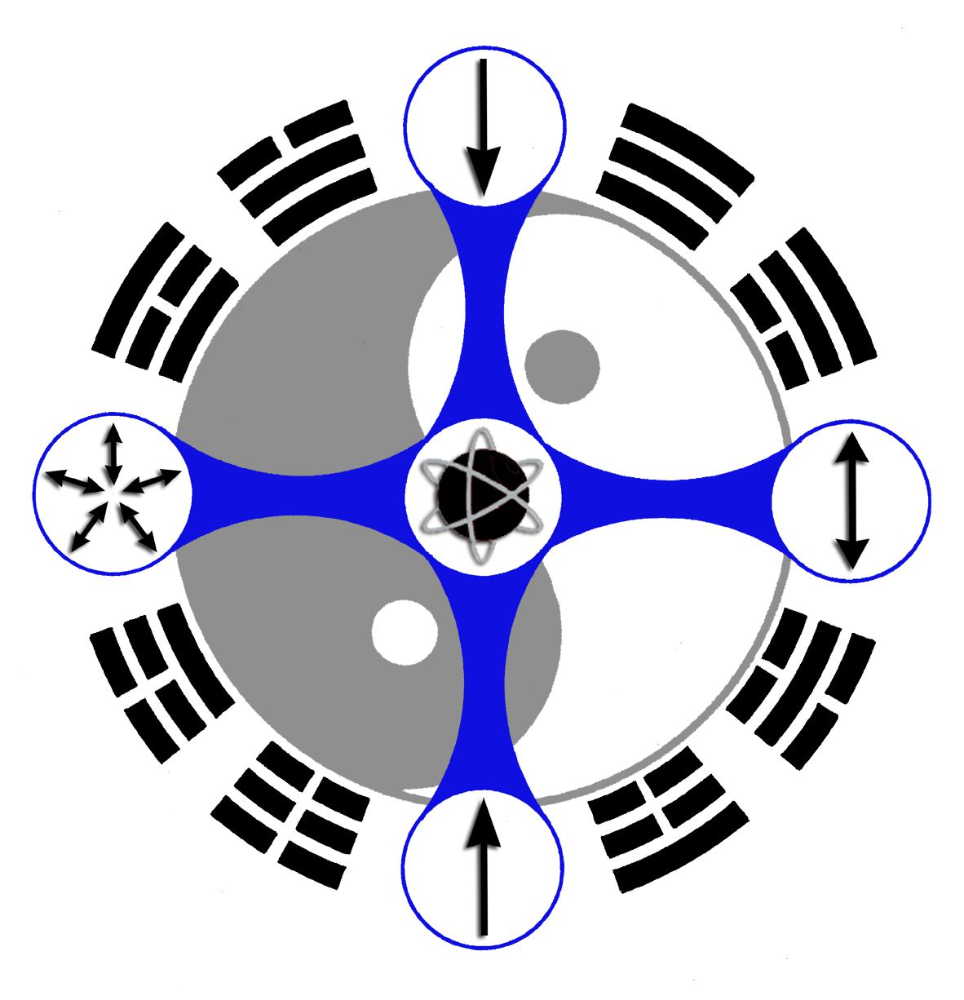The Principle of Closing: Fulfilling the Need to Return
Jan 15, 2023
By Paul Cavel
In the manifest realm of duality, if there is an action, there is an equal and opposite reaction: an opening is followed by a closing, and the cycle repeats ad infinitum. In Taoism, the directive of all closing phases – both during practice and in life in general – is to let go and simply allow the next phase to emerge naturally without holding on to the past or forcing the future. Recognizing that life is a cycle is a good start and will help remove some barriers to your conceptual thinking in the first place.
Tai chi and qigong can also help as the movements are designed to primarily train the body and mind to release and relax. When you have reconditioned your body and mind, at least to some degree, the energy that is brought up and expanded out during an opening phase of qigong practice naturally returns back to your core during the closing phase with very little effort. A sense of completion, satisfaction and wholeness is generated in body and mind. And the full flowing of internal arts training takes place when you embody practices to the point that they transfer to your daily life. You can literally train yourself to experience genuine fulfillment on a regular basis.
All you have to do is practice.
Move Like a Great River
In Western cultures, which are yang by nature, opening does not usually present so much of a challenge. We are used to relating to an external reality and messages are constantly reinforced that you have to “make things happen”. However, the ability to close well — a yin skill — is also important in life and can be developed by focusing on the yin aspects of practice. Yin techniques often require more subtlety to hone and refine than do yang aspects. The advice offered by the Tai Chi Classics is to "Move like a great river". When does a great river stop flowing? When do the waves that crash on the shore not get reabsorbed by the ocean?
Tai chi in particular can help recondition your mind and body with its specialty being lu or "absorbing" energy, which is responsible for the soft, yielding quality of tai chi. The energy of lu is pure yin, training the body's nerves to let go on a profound level and the mind’s intent to absorb energy into your centre.
During the winter months more than at other times of the year, both the closing half of the cycle and the closing of your practice is more important as you aim to bank your reserves until the spring returns, providing fresh and abundant qi once again. During cold weather and short days, pay special attention to the softer side of practice and life – not putting out too much effort during the yang/opening half of any cycle and simply releasing to power the yin half of the return, like water following the path of least resistance down to the sea.
Training the Mind's Intent
Throughout the ages, Water Method practitioners have oscillated between moving and sitting practices to develop qi, increase awareness and sensitivity to qi, and refine the mind’s intent or yi.
Sitting practices specifically include methods to:
-
Become present
-
Expand your awareness
-
Refine and hone your focus and ability to concentrate, especially for prolonged periods
-
Cultivate deep, effective yin practices.
Sitting meditation practices are beneficial to training the mind because, without motion and some degree of stillness, you can gain deeper access to the state of your mind. Slowly, over time, your mind can relax and let go on a profound level, and as it does, your body naturally follows. You submerge into sung, an unbound, free-flowing state. The deeper you sink into sung, the less effort is required to circulate your qi and the return becomes strong and full.
Connecting to the Lower Tantien
Whether your training includes moving, sitting or flowing between both, at the end of your practice, you want all your qi to return to the place from where it came – the lower tantien. Returning your qi to the lower tantien will not only conserve that qi for when you need it in the future, but also carries with it a sense of deep internal satisfaction and fulfillment. The feeling is like eating a tasty and nutritious meal when you are hungry, or returning home after a hard day or a long journey. This sense comes from the internal recognition of completion – that at least for the here and now all is fine and nothing more is needed.
When closing your practice, use a soft focus of mind, simply remaining present to your lower tantien and allowing all that is in motion to return, settle and become still. When it does, your qi will naturally sink into your lower tantien and nourish you on many levels of your being.
Join a course — online or in person — to learn how the Water Method can help you overcome physical, energetic, emotional and mental traumas, to become stronger and feel more alive!

